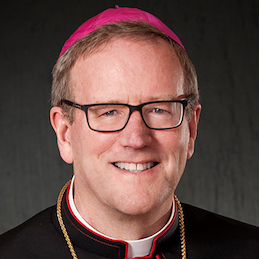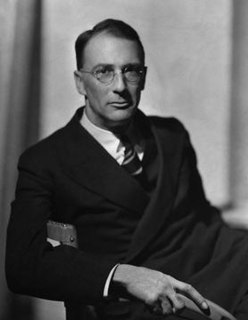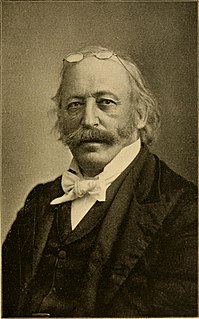A Quote by James Buchan
The year 2008 was a reminder to those who had forgotten that there is such a thing as history and that the cycle of famine and feast in commerce, first identified in antiquity and well understood in the Middle Ages, was not suddenly abolished in modern times.
Related Quotes
For many people, the big feast of the year is Christmas, but for Christians, the truly great feast is Easter. Without Easter, without the Resurrection, we would not have the gift of salvation. Jesus had to rise from the dead or else he would have just been another failed Messiah and his birth would be a forgotten footnote of history.
In our own time, through integrative sciences like ecology and animal behavior and psychology we have re-understood what was forgotten during the reduction centuries of modern science. We've re-understood that the world is one thing, and it's a living thing. It's a thing with an intent and a spirit within it, and this is the key concept.
A public-school system, if it means the providing of free education for those who desire it, is a noteworthy and beneficent achievement of modern times; but when once it becomes monopolistic it is the most perfect instrument for tyranny which has yet been devised. Freedom of thought in the middle ages was combated by the Inquisition, but the modern method is far more effective.’ (1923)
Astrology is knocking at the gates of our universities: A Tübingen professor has switched over to astrology and a course on astrology was given at Cardiff University last year. Astrology is not mere superstition but contains some psychological facts (like theosophy) which are of considerable importance. Astrology has actually nothing to do with the stars but is the 5000-year-old psychology of antiquity and the Middle Ages.
That whole heroic notion of the women warriors known as Amazons is extremely appealing. It was appealing in antiquity, and, throughout the Middle Ages, the Renaissance, they're always portrayed as heroic, courageous, and the equals of men, and that's just extremely attractive and has been since antiquity.
Clairvoyant, Hornblower could foresee that in a year's time, the world would hardy remember the incident. In twenty years, it would be entirely forgotten. Yet those headless corpses up there in Muzillac; those shattered redcoats; those Frenchmen caught in the four-pounder's blast of canister -- they were as dead as if it had been a day in which history had been changed.







































